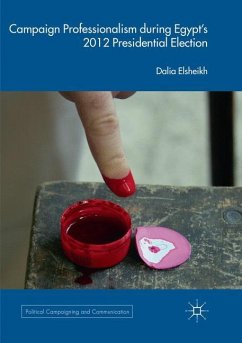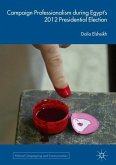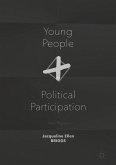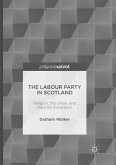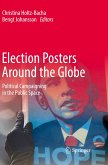This book presents the first analytical study of the levels of professionalism of campaigns in the 2012 Egyptian presidential elections. It considers the extent to which the election was professionalised and how far the levels of professionalism impacted the democratisation process of Egypt. It provides the story of the five main campaigns by applying the professionalisation index to analyse their structures (hardware) and strategies (software). The book also evaluates the application of the professionalization index to nascent democracies, and the impact of campaign professionalism on such democracies. The book encourages further studies within similar fragile democratic systems as well as offering campaigners practical guidance when approaching future elections.
Translated from Arabic:
"What is more important in this book is the precise anatomy of the Egyptian political environment in 2012: where the political environment was so open that candidates from the whole political spectrum competed and Egyptian people - with all their economic, political and ideological differences - were face-to-face with multiple choices, perhaps for the first time in its history." (Ahmed Elderiny, almasryalyoum.com, April, 2018)
"What is more important in this book is the precise anatomy of the Egyptian political environment in 2012: where the political environment was so open that candidates from the whole political spectrum competed and Egyptian people - with all their economic, political and ideological differences - were face-to-face with multiple choices, perhaps for the first time in its history." (Ahmed Elderiny, almasryalyoum.com, April, 2018)

